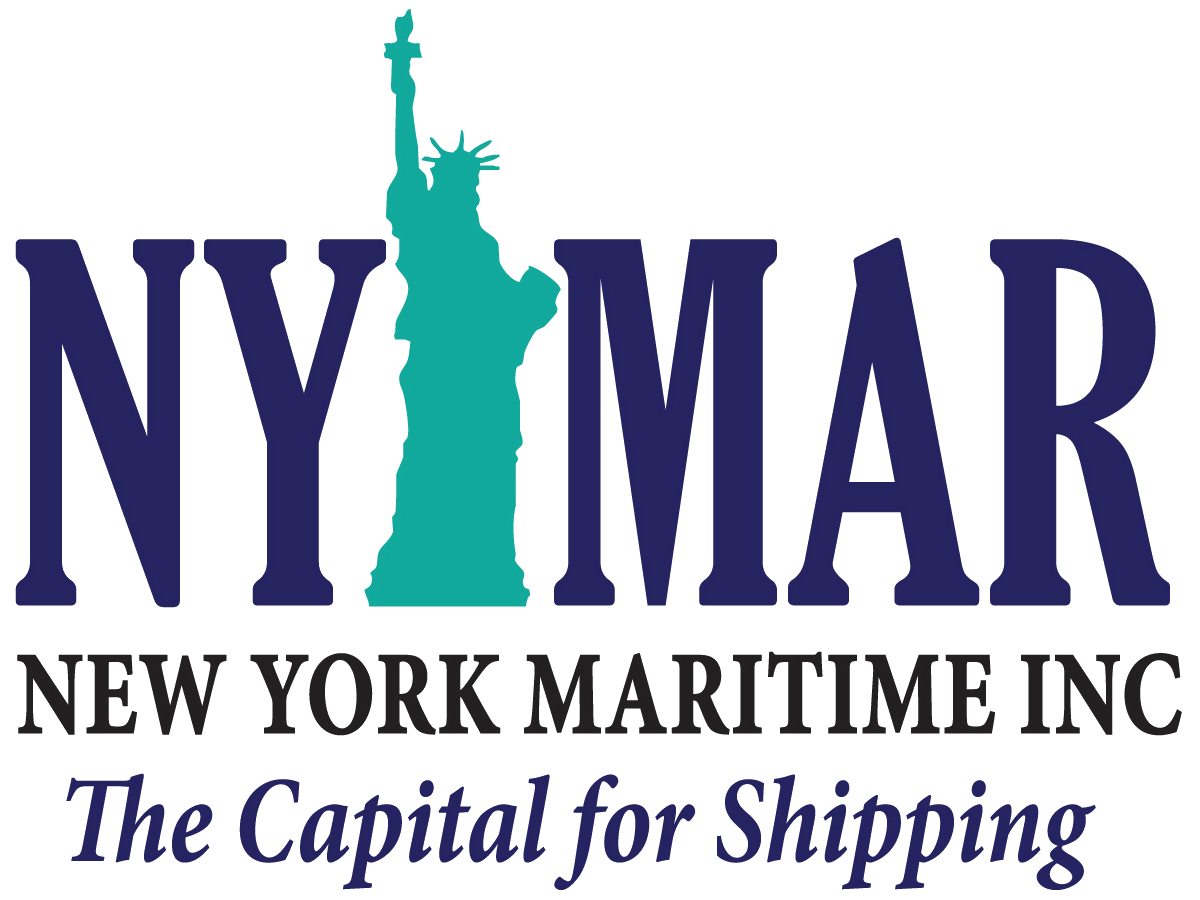arbitration
Commercial arbitration in the United States originated in New York which has a long and rich history of supporting maritime arbitration and continues to be a leading maritime and commercial arbitration center. The Society of Maritime Arbitrators (SMA) has developed arbitration rules that apply by agreement of the parties. Because party-selected arbitrators preside, the SMA does not administer individual arbitrations.
Autonomy and Freedom of Process
Party autonomy is the hallmark of New York maritime arbitration. The parties are free to determine most procedural rules, and to select arbitrators (or the method of their selection) and the law to be applied.
Finality of Awards
Awards are final and not subject to appeal save on narrow, largely procedural, grounds.
Awards are Published
Awards are published by the SMA and are available on the internet (LexisNexis™). Publication of Awards permits parties to determine how similar disputes or issues have been decided; this facilitates settlement.
Consolidation Avoids Multiple Arbitrations
Consolidation of arbitrations is permitted under SMA rules if common questions of fact and law exist thereby avoiding multiple arbitrations in “back-to-back” contract situations.
Awards Can Include Costs and Attorneys’ Fees
Attorneys’ fees may be awarded to the prevailing party under SMA rules or by agreement of the parties.
No Fees for Administering Arbitration
No administration fees are imposed by the SMA, and New York lawyers offer a broad range of possible fee arrangements.
SMA Arbitration Rules Promote Efficiency
User-friendly rules are periodically updated and revised to promote efficiency and avoid delays.
Awards Enforceable in Other Countries
Because the United States is a party to the New York Convention on the Recognition and Enforcement of Foreign Arbitral Awards, New York arbitration awards are enforceable in other countries that are also party to the Convention.
New York Arbitration
Society of Maritime Arbitrators (SMA)


